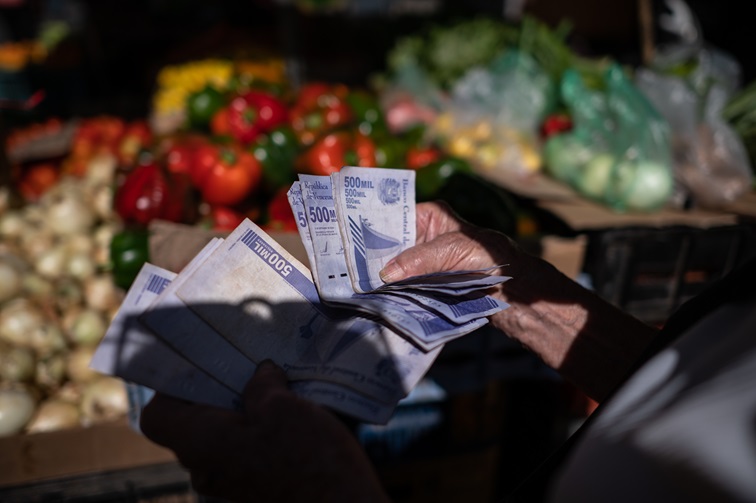In a bid to address the growing dissatisfaction among public workers, Venezuela has unveiled a substantial increase in its monthly minimum wage, exceeding 40%. This move comes at a time when the nation is facing widespread protests over inadequate pay scales, adding a new dimension to the already complex socio-political landscape, especially with the upcoming presidential elections.
President Nicolás Maduro’s announcement of a $60 monthly supplement, including a $40 increase in food stamps on top of the current base salary of less than $4, is aimed at pacifying the grievances of public workers. The increase is seen as a significant step toward improving the living standards of the general population and is likely to have implications for the upcoming elections.
However, Venezuela is also grappling with economic challenges, including steep rises in transportation and medicine costs. Bus and rail fares have surged by 45%, with further increases anticipated. Additionally, the prices of essential medicines have soared by over 300% in the past year, posing a significant burden on retirees and pensioners.
In response, the government is considering measures to address these issues, such as adjusting transportation rates and devising new formulas to prevent cost decoupling. However, these adjustments could potentially lead to complications for public transit users in the future.
Overall, while the minimum wage hike is aimed at easing public unrest, it is also being viewed in the context of the upcoming elections. The government’s efforts to manage economic challenges and stabilize the socio-economic environment are expected to play a crucial role in shaping the country’s future amidst a turbulent period of socio-political unrest.
(Source: BNN | Bloomberg)









